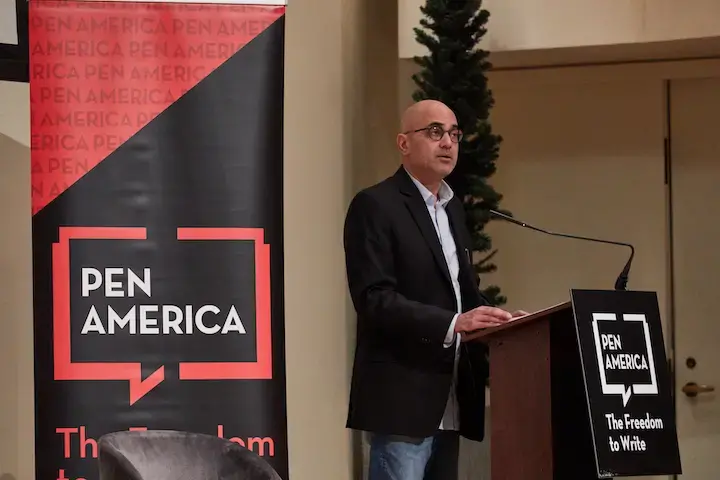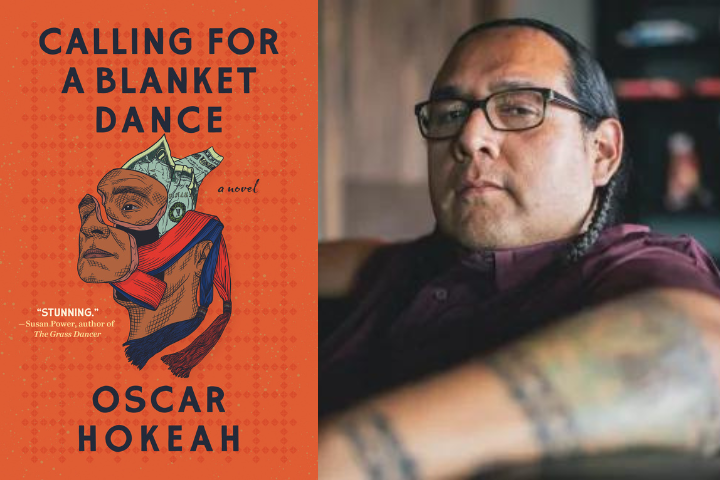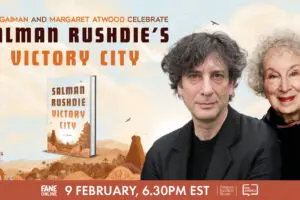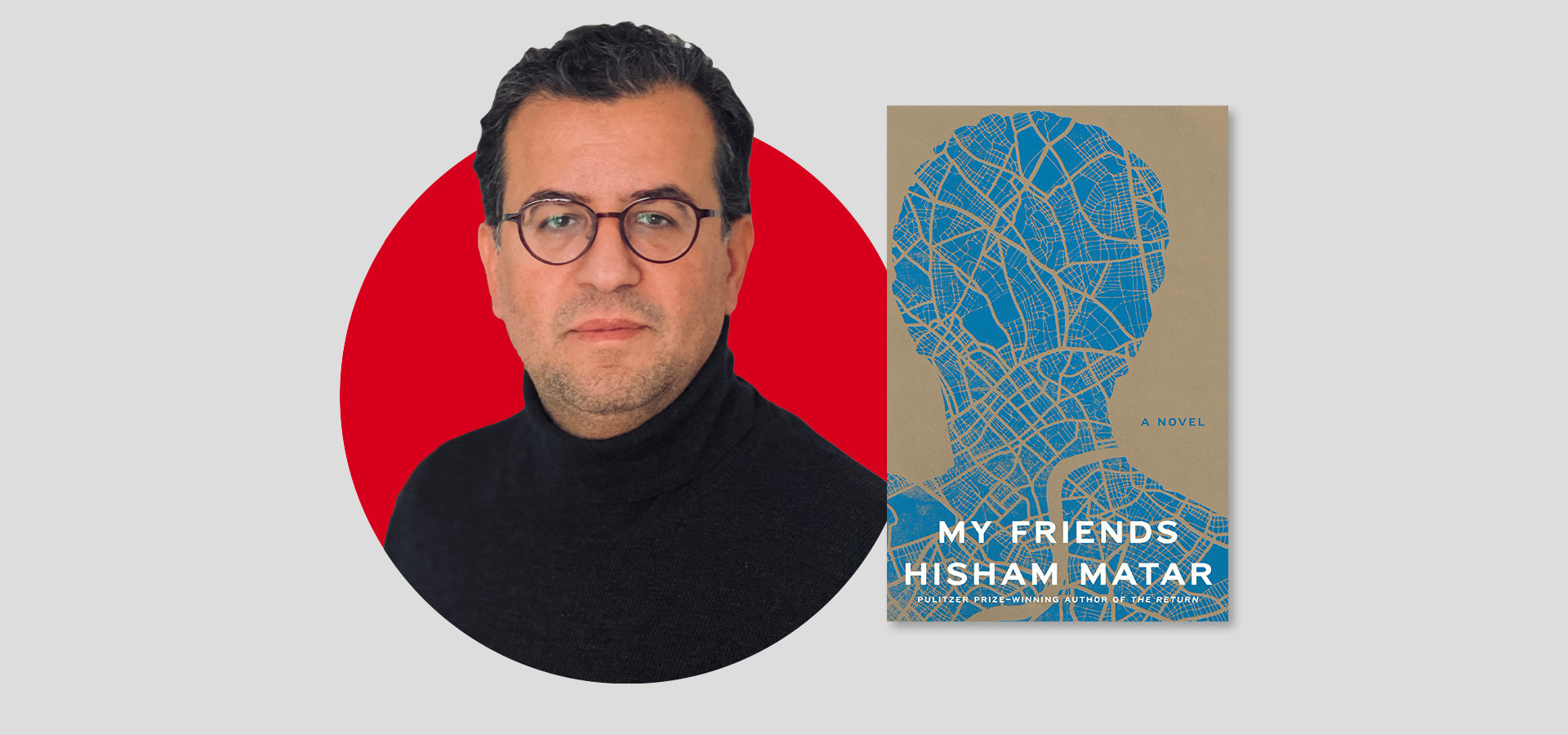
Hisham Matar | The PEN Ten Interview
January 10, 2024
My Friends (Random House, 2024) is Hisham Matar’s third and newest novel, about life in exile, the power of stories, and the fortitude of friendship. In Benghazi, a young Khaled and his family hear a short story read aloud on the radio, written by Hosam Zowa, about a man being eaten alive by a cat. This story, having had a profound effect on Khaled, forever remains at the forefront of his mind. Not long after, he attends university in Edinburgh where he meets Mustafa, another Libyan student. Opposed to the Qaddafi regime, they attend a demonstration in London in front of the embassy, where their lives permanently change and they find themselves inextricably bound to one another. Over the years that follow, Khaled encounters Hosam Zowa and, along with Mustafa, they embark on a lifelong friendship where they are asked to re-examine their beliefs, their understanding of revolution, and their notions of safety as the Arab Spring erupts.
In this week’s PEN Ten, 2017 PEN/Jean Stein Book Award winner Hisham Matar and Lili Stern, Literary Awards Coordinator, talk about the figure of the writer, life in exile, and the “emotional country” that friendship becomes when you cannot return home. (Bookshop, Barnes and Noble)
1. Throughout the novel, but especially towards the beginning, your characters are seriously harmed or even killed, for their beliefs, for their writing. What would you consider to be the role of the writer during times of political danger and within resistance movements?
In war and in peace the writer’s role is much the same, but perhaps the urgency and stakes are greater. To be as free and honest as possible, to allow oneself to be led by the imagination, to be taken even to the places one fears the most, because the most ferocious battles are fought in the human heart.
2. Hosam, who we are introduced to first as a writer and second as a friend, says to Khaled, our protagonist: “‘For a writer, exile is prison,’ he said, ‘a severing from the source, and so, courageous or not, he dies in front of our eyes.’” Could you expand on this and, notably, the toll that exile and other forms of censorship take on mental health?
My characters are in different ways concerned with questions of translation. And no one is in more need of translation than an immigrant: existing between languages as well as modes of being. Hosam and his writing do not benefit from exile, but I do not mean this as a blanket statement. Some writers thrive away from home, others not.
“No one is in more need of translation than an immigrant: existing between languages as well as modes of being.“
3. To follow up (and without giving too much away), homesickness and a feeling of longing permeate this text. How did you navigate writing about leaving a home you may not return to or be able to? Can you ever completely adjust or, like Hosam, do you think that leaving home is to sever yourself from your source?
Both: you are severed from the source and adjust. Khaled is an 18-year-old university student when he suddenly can no longer return home. The train of his life is derailed. And across the book we see the ways in which he adjusts and those where he fails. Friendship becomes an emotional country for him, which is why now that his friends have gone, one into the past, returning home, and the other into the future, immigrating to San Francisco, he is left trapped in the present.
4. A critical turning point in My Friends depicts the events of April 1984, when shots were fired at anti-Qaddafi protesters outside the Libyan embassy in London. This is a key example, I think, of how much truth there is to be found in your fiction. I’d love to hear more about the relationship between truth and fiction, how you incorporate one into the other, what your research process might be like, or what may have been drawn from your own experiences.
Yes, that was a real event. Libyan student protestors were shot at from within their own embassy in London. 11 of them were wounded and WPC Yvonne Fletcher, a young policewoman, was killed. I was 13 when it happened. I remember seeing it on the news. One of the wounded demonstrators writhing on the ground, screamed from behind his balaclava, calling out for his mother. I remember that detail. And years later, chance had it I became friends with two of the people wounded that day. I learnt a lot from them about what happened, but not deliberately, certainly not to write about it. But then I found my characters suddenly there, and felt I had no choice but to follow.
“Friendship becomes an emotional country for [Hosam], which is why now that his friends have gone, one into the past, returning home, and the other into the future, immigrating to San Francisco, he is left trapped in the present.“
5. In fact, you’ve had some distance from writing fiction. What made you return to fiction and what has it been like for you?
It’s like coming home. Even though I loved writing The Return and A Month in Siena, I am at heart a novelist.
6. This is a story that begins at the end and a lot that happens before we get to know Hosam. Why did you choose to frame the story in this way?
Apart from the people in the book, the other two protagonists are London, particularly West London, and time. The first has always been close to me—it is the city where I have lived for the majority of my life—and the second is an abiding preoccupation in my work. I am fascinated by how time is both linear and circular, by how any given moment often contains within it remnants of the past and our aspirations for the future. For example, Khaled is walking home across London and doing so in the present tense, yet his mind and heart are heaving with everything that has happened before. “Maybe this is why I have succumbed to these thoughts,” he tells us as he is walking home to Shepherd’s Bush and to the same flat he has rented for the past thirty-two years, “letting my mind reach back. Perhaps there I might come upon myself, or come upon a crucial detail that I have overlooked, and that may help me with the present.”
7. How have your friendships shaped your life?
Absolutely.
8. What was the first piece of writing that you remember having an impact on you?
The Arabian Nights. I had no idea that so much freedom and mischief and delight and wonder could all meet on a page.
“I am fascinated by how time is both linear and circular, by how any given moment often contains within it remnants of the past and our aspirations for the future.“
9. Are there any writers or books that you’re particularly excited about right now?
I really would like to be better at keeping up with my contemporaries, but, given that we have been writing books for a long time, most of my reading is from before our time. I am excited though by Claire Messud’s This Strange Eventful History and Colm Tóibín’s Long Island, two books that are soon to be published.
10. You received the PEN/Jean Stein Book Award in 2017 for your memoir The Return, among other accolades. How did this recognition affect you and your work?
It warmed my heart that the jury thought my work merited it, and the prize helped me buy time, the most precious asset to a writer.
Born in New York City to Libyan parents, Hisham Matar spent his childhood in Tripoli and Cairo and has lived most of his adult life in London. His debut novel, In the Country of Men, was shortlisted for the Man Booker Prize and the National Book Critics Circle Award, and won numerous international prizes, including the Royal Society of Literature Ondaatje Prize, a Commonwealth First Book Award, the Premio Flaiano and the Premio Gregor von Rezzori. His second novel, Anatomy of a Disappearance, published in 2011, was named one of the best books of the year by The Guardian and the Chicago Tribune. His work has been translated into twenty-nine languages. He lives in London and New York.
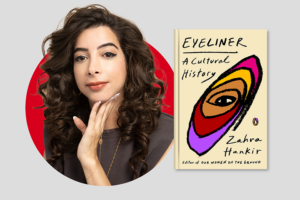
Zahra Hankir | The PEN Ten Interview
Eyeliner’s power as such lies in its precision and the profound impact it can have on how one is perceived by the world.
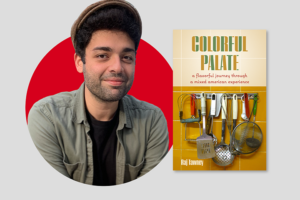
Raj Tawney | The PEN Ten Interview
Food has remained a consistent thread since childhood and I realized that it was used in my family as a powerful tool to help navigate unknown cultures.
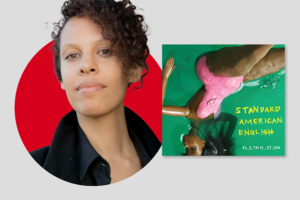
Elisabeth Houston | The PEN Ten Interview
I suppose I’m driven to put my work out in the world precisely because of the desperate state of the world.
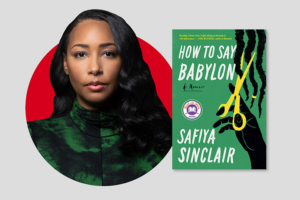
Safiya Sinclair | The PEN Ten Interview
For me, and for the women in my family, our stories are the way we preserve our history, our culture, and the vital parts of ourselves that our ancestors gave to us.

